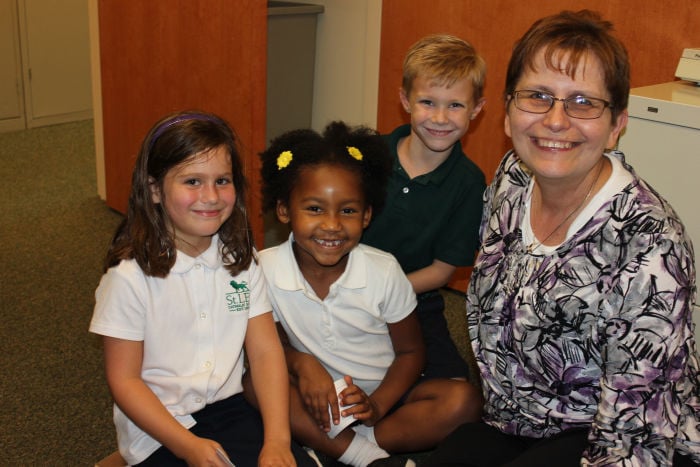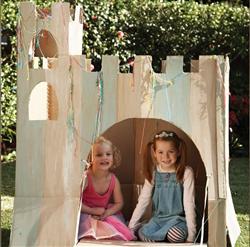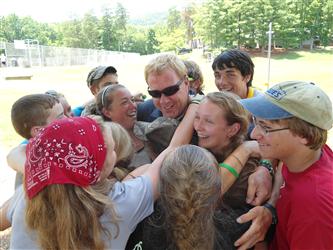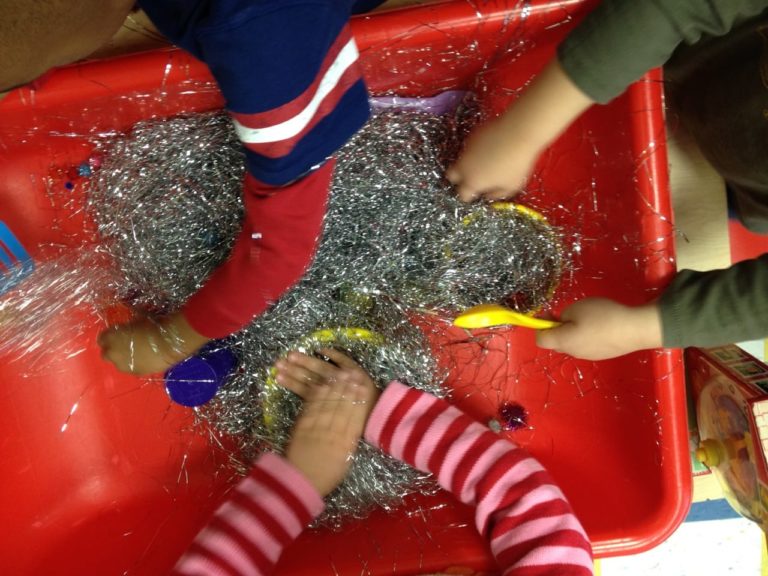The Power of Praise
By Guest Blogger Mrs. Joanne M. Brown, St. Leo Catholic School Principal
Supporting Your Child’s Potential by Nurturing a Growth Mindset
Report card day. What kind of feelings does that stir up for you? For me, there was always a bit of nervous excitement mixed with confusion. What did the grades say about me? My kids? My students?
As I continued my education, became an educator, and had children of my own, I often wondered about grades, awards, and achievements. How is it that some students early on seem to have considerable ability and talent yet don’t go on to achieve the success that others do given similar opportunities? Why do some students press on in the face of difficulties and demonstrate resilience while others do not even when facing fewer challenges?
Mindset and Success
In 2006, Dweck published her book, Mindset: The New Psychology of Success, which describes findings from decades of research on achievement and success. Dweck describes two types of mindset, a fixed mindset and a growth mindset. People who have a growth mindset believe that intelligence can be developed, that the brain is malleable, and therefore embrace challenges to build their brains. They tend to persist in the face of failure, value effort and criticism, and learn from the success of others. People who have a fixed mindset believe intelligence is static yet they want to look smart. They take fewer risks, give up easily, see effort and criticism as unpleasant, and may feel threatened by the success of others. After all, why try and work hard if you can’t really change your intelligence or ability? Learning is secondary to looking smart, so they look for experiences that prove their intelligence. We are all a combination of fixed and growth mindsets but we can move toward a growth mindset in thought and action.
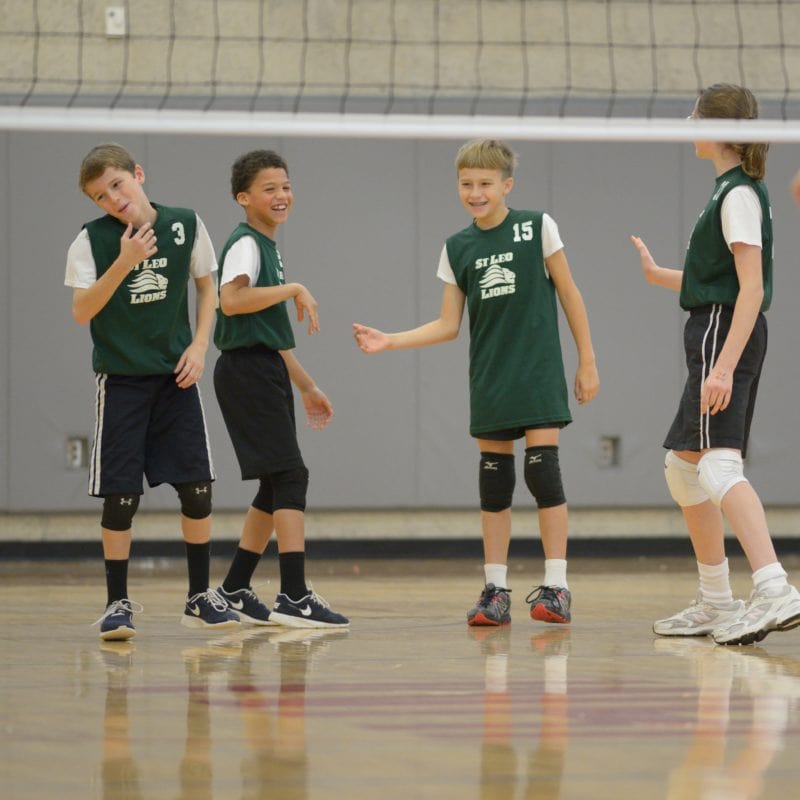 An “A” for Effort?
An “A” for Effort?
Dweck and her colleagues found that students with growth mindsets outperformed students with fixed mindsets even when they began with equal skills and knowledge. Trying hard is not the same as a growth mindset. While effort is essential for achievement, students need a variety of strategies to improve performance. The emphasis on effort in the process of learning is not an empty attempt to bolster self-esteem. Rather, Dweck suggests effort in combination with an honest look at the student’s current performance and then teacher and student taking action together helps the student welcome challenges and bounce back.
Praise and Success
Dweck and her colleagues are beginning to uncover just how early mindsets form. The researchers studied how mothers praised their children at ages one through three years old. Praise that acknowledges effort is called ‘process praise’ whereas ‘person praise’ is directed to the child personally. For example, “You worked really hard on that” is process praise in contrast to a person praise statement like “You’re being a big boy.” In a follow-up five years later, the researchers found that children who had more process praise in those early years had more school success and demonstrated more of a growth mindset, seeking more challenges compared to those children who had more person praise early on. Praise-either personal or process- from parents really makes a difference in the future success of children! In many studies of school-aged children, Dweck found that praising students for intelligence diminishes confidence and motivation whereas process praise results in motivation. Praising students for being smart may result in students taking fewer risks and thereby missing out on opportunities to learn from mistakes. Process praise identifies what students have done to be successful and how they can be successful in the future.
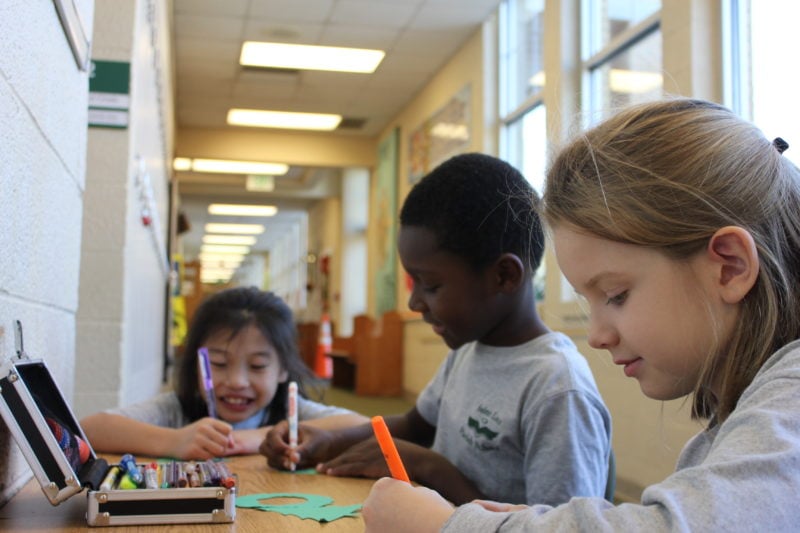 Success and a School Culture for Growth
Success and a School Culture for Growth
I did my homework as the new principal at St. Leo Catholic School. I found evidence of success and students learning to fulfill their potential as suggested by Dweck’s work on mindset. St. Leo has a rigorous curriculum, teachers with high expectations, outstanding student achievement scores on standardized tests, as well as student accomplishments in arts, athletics, and community service. I asked the students what they thought made St. Leo a great school. Repeatedly and without hesitation, their response was “the teachers.” I heard reasons like, “my teacher helps me when I get stuck,” “my teacher cares that I really learn,” “they care about me – as a person,” “they work hard so I do, too,” and “I’m allowed to make mistakes, then I fix them.”
I asked the teachers recently what they wanted to model for our students. They said “willingness to take risks,” “an ability to laugh at ourselves and move on,” “humility,” “that effort is always valuable,” and “the love of learning.” Dweck asserts that growth-oriented teaching unleashes children’s minds with high standards in a nurturing atmosphere. I believe St. Leo Catholic School is growing with joy in faith, knowledge, and service.
Make Plans to Attend an Open House:
- Wednesday, October 19th from 10:30 am to 1 pm
- Sunday, November 6th from 10:30 am to 1:30 pm
- Wednesday, January 25th from 10:30 am to 1 pm
St. Leo Catholic School
333 Springdale Avenue
Winston-Salem, NC 27104
Phone: 336.748.8252
*Sponsored by St. Leo Catholic School

